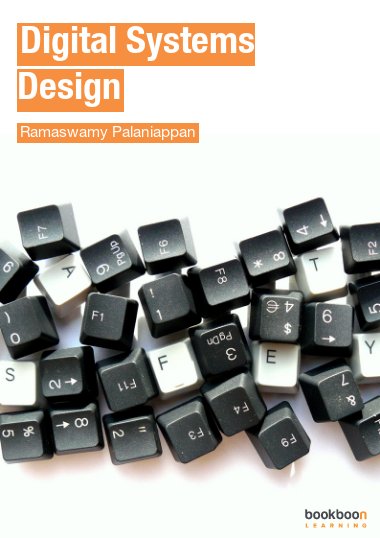Digital technology has become so widespread that it encompasses nearly all aspects of our everyday lives and we can see its use in handheld gadgets, computers, robotics etc. This free book provides readers with a fundamental understanding of digital system concepts such as logic gates for combinatorial logic circuit design and higher level logic elements such as counters and multiplexers. Undergraduates taking a course in computer science, engineering or information technology will find it useful. Students enrolled in foundation year or pre-university courses will also benefit from the text.

